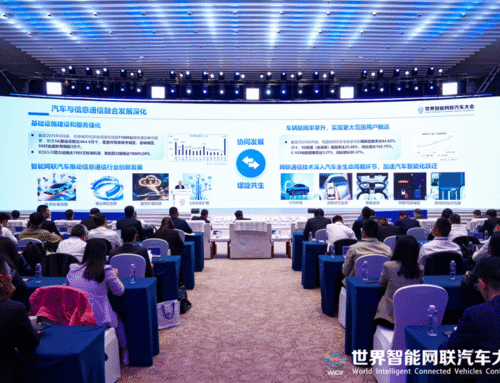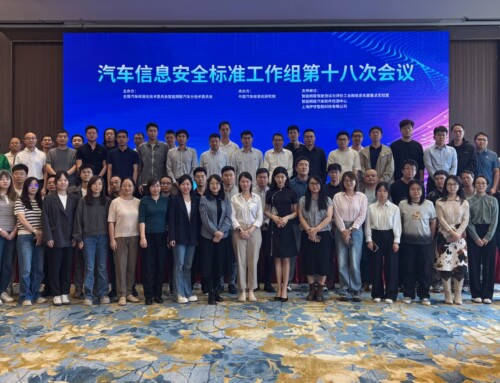Behind the scenes of what remains of multilateralism, standardization plays a key role: that of creating simple, consensual and ambitious rules, driving practices upwards, for the benefit of all. This is one of the topics discussed at the France-China meeting held on Thursday, May 15 at Bercy.
On the agenda of He Lifeng, Chinese Vice Premier in charge of the Economy, who is currently visiting France, and Eric Lombard, Minister of Economy, Finance and Industrial Sovereignty: avenues of cooperation between the two standardization bodies – the SAC (Standardization Administration of China) for China, AFNOR for the France.
Technical cooperation between the two countries has existed for a long time, as an extension of high-level political meetings (2014, 2018). It now embraces new fields such as biodiversity, e-commerce, infant products and civil aviation. Yesterday’s agreement must be interpreted as a signal for our companies in these sectors to come and write the rules of the game, otherwise others will do it in their place. Voluntary standardisation is an instrument of economic sovereignty.
In this respect, it is also a soft power, which our Chinese colleagues have perfectly integrated, as they lead a growing number of committees in the ISO – International Organization for Standardization. China has now reached 3rd place (see our 2024 international barometer: https://www.afnor.org/en/). At a time when other countries are using the voluntary norms in force in their countries to seal exclusive bilateral trade agreements, French and Chinese economic players remain strongly involved in writing good practices, guarantees of trust, security and interoperability.
– Learn more about voluntary standards: https://www.afnor.org/en/
Source: AFNOR Group’s Official LinkedIn Account, published on 2025.05.16.




